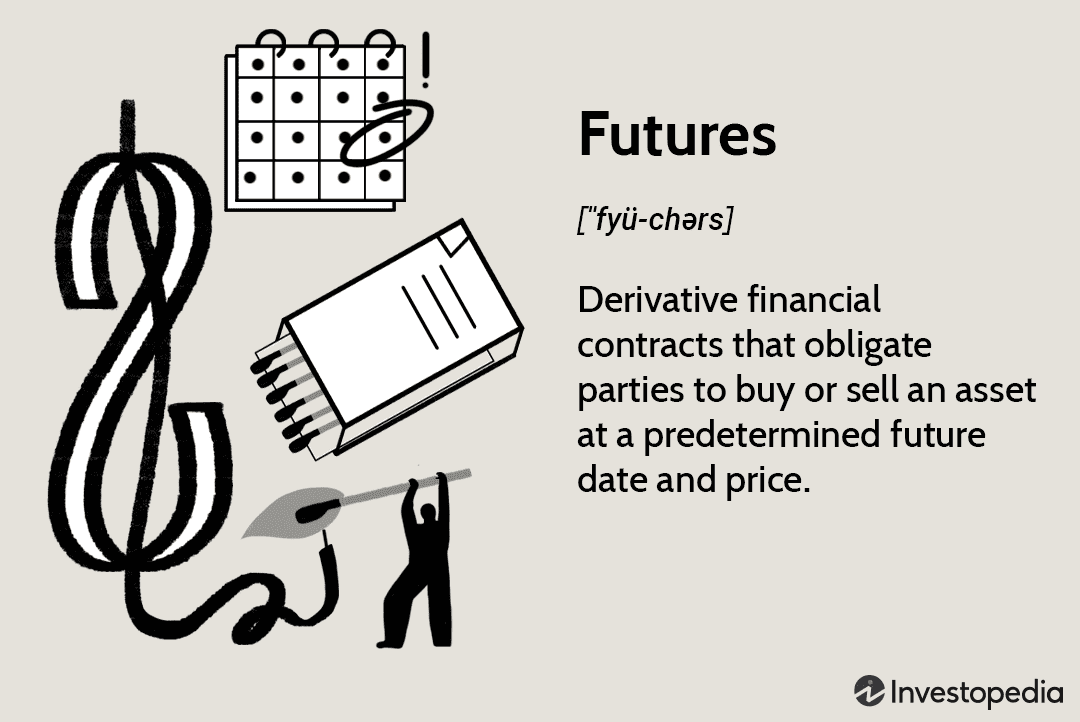
If you are looking to buy a cheap dividend stock, you've come to the right place. The market is declining and many dividend-paying stocks have become affordable in this downturn. Ticker Technology, Mergent Unilever, PeopleAC/AAs United and Ticker Technologies are some examples of the cheapest dividend shares. These stocks can be confusing. Here are the essential facts to help you make an informed investment decision.
Ticker Technology
If you are looking for the cheapest dividend stock, the S&P 500 Pure Value Index may be the right choice. These 15 companies all pay market-beating dividends, and all have been on the rise this year. Investors are looking for stocks they can hold onto, as the S&P 500 fell more than 11%. S&P 500's dividends are returning to their former glory in this market.

Mergent, Ticker Technolgies, and NBCUniversal are just a few of the companies that belong to this group. These companies provide information on dividend yields and earnings per share. According to Dividend Channel's analysts and NBCUniversal's analysts, Ticker is considered the cheapest dividend stock on the list. However, if you're looking for an easy way to invest in a cheap dividend stock, make sure to look at the dividend history of the companies. NBCUniversal is a great option for tech companies.
Mergent
The cheapest dividend stocks are the ones that yield more than 3%. However, most investors aren't interested in high-priced stocks. Income investors aren't interested in Amazon because it doesn't pay dividends. The following 15 stocks offer decent upside potential and dividend yields of at minimum 3%. These stocks are easy to invest in. Continue reading to learn more about the best dividend stocks.
Dividend Achievers provides a complete guide to sound investments. Dividend Achievers are published four times a years and include updated data from a small number of companies. Mergent has been highlighting companies with outstanding dividend records since 1979 and has more than a century of experience publishing quality financial information. Dividend Achievers includes updated profiles of over 300 Dividend-Achiever companies. You can also find stock prices and quarterly earnings information for each company.
Unilever
Unilever is a dividend stock that you should consider if you're thinking of investing. This multinational company's strong pricing power gives it a competitive advantage over the rest of the consumer goods industry. Unilever is on track to achieve a free cashflow of $9.5billion in 2020. Unilever shares make for one of the most desirable dividend stocks, but there are plenty of other great options. Here's a look at some of its top brands.

Investors looking to build their long-term portfolios will love the company's reputation as a global brand of consumer goods manufacturers. Unilever pays a $1.02 per share annual dividend, but you must own 6,000 shares before you can receive this dividend. Unilever is currently $310,000 per share. The company is still worthwhile to own. Unilever can make you millionaire if you invest in it.
FAQ
What is a mutual funds?
Mutual funds are pools of money invested in securities. They provide diversification so that all types of investments are represented in the pool. This helps reduce risk.
Professional managers are responsible for managing mutual funds. They also make sure that the fund's investments are made correctly. Some funds permit investors to manage the portfolios they own.
Mutual funds are more popular than individual stocks, as they are simpler to understand and have lower risk.
What is security in the stock market?
Security can be described as an asset that generates income. Shares in companies are the most popular type of security.
A company may issue different types of securities such as bonds, preferred stocks, and common stocks.
The earnings per shared (EPS) as well dividends paid determine the value of the share.
You own a part of the company when you purchase a share. This gives you a claim on future profits. You receive money from the company if the dividend is paid.
You can sell shares at any moment.
What is the difference between stock market and securities market?
The entire list of companies listed on a stock exchange to trade shares is known as the securities market. This includes options, stocks, futures contracts and other financial instruments. Stock markets can be divided into two groups: primary or secondary. Primary stock markets include large exchanges such as the NYSE (New York Stock Exchange) and NASDAQ (National Association of Securities Dealers Automated Quotations). Secondary stock exchanges are smaller ones where investors can trade privately. These include OTC Bulletin Board (Over-the-Counter), Pink Sheets, and Nasdaq SmallCap Market.
Stock markets are important because it allows people to buy and sell shares in businesses. The value of shares is determined by their trading price. New shares are issued to the public when a company goes public. These shares are issued to investors who receive dividends. Dividends are payments that a corporation makes to shareholders.
Stock markets provide buyers and sellers with a platform, as well as being a means of corporate governance. Boards of directors, elected by shareholders, oversee the management. Boards make sure managers follow ethical business practices. The government can replace a board that fails to fulfill this role if it is not performing.
Can bonds be traded
Yes, they do! Bonds are traded on exchanges just as shares are. They have been for many years now.
They are different in that you can't buy bonds directly from the issuer. You will need to go through a broker to purchase them.
Because there are fewer intermediaries involved, it makes buying bonds much simpler. This means that you will have to find someone who is willing to buy your bond.
There are different types of bonds available. Some pay interest at regular intervals while others do not.
Some pay interest annually, while others pay quarterly. These differences allow bonds to be easily compared.
Bonds can be very useful for investing your money. In other words, PS10,000 could be invested in a savings account to earn 0.75% annually. If you invested this same amount in a 10-year government bond, you would receive 12.5% interest per year.
You could get a higher return if you invested all these investments in a portfolio.
Are stocks a marketable security?
Stock is an investment vehicle that allows you to buy company shares to make money. This is done through a brokerage that sells stocks and bonds.
You can also invest in mutual funds or individual stocks. There are more mutual fund options than you might think.
The key difference between these methods is how you make money. Direct investment allows you to earn income through dividends from the company. Stock trading is where you trade stocks or bonds to make profits.
Both of these cases are a purchase of ownership in a business. You become a shareholder when you purchase a share of a company and you receive dividends based upon how much it earns.
Stock trading offers two options: you can short-sell (borrow) shares of stock to try and get a lower price or you can stay long-term with the shares in hopes that the value will increase.
There are three types stock trades: put, call and exchange-traded funds. Call and Put options give you the ability to buy or trade a particular stock at a given price and within a defined time. ETFs, which track a collection of stocks, are very similar to mutual funds.
Stock trading is very popular since it allows investors participate in the growth and management of companies without having to manage their day-today operations.
Stock trading is not easy. It requires careful planning and research. But it can yield great returns. You will need to know the basics of accounting, finance, and economics if you want to follow this career path.
How are shares prices determined?
The share price is set by investors who are looking for a return on investment. They want to make a profit from the company. They then buy shares at a specified price. Investors make more profit if the share price rises. Investors lose money if the share price drops.
Investors are motivated to make as much as possible. They invest in companies to achieve this goal. They are able to make lots of cash.
Statistics
- Individuals with very limited financial experience are either terrified by horror stories of average investors losing 50% of their portfolio value or are beguiled by "hot tips" that bear the promise of huge rewards but seldom pay off. (investopedia.com)
- The S&P 500 has grown about 10.5% per year since its establishment in the 1920s. (investopedia.com)
- Even if you find talent for trading stocks, allocating more than 10% of your portfolio to an individual stock can expose your savings to too much volatility. (nerdwallet.com)
- Ratchet down that 10% if you don't yet have a healthy emergency fund and 10% to 15% of your income funneled into a retirement savings account. (nerdwallet.com)
External Links
How To
How can I invest in bonds?
You will need to purchase a bond investment fund. While the interest rates are not high, they return your money at regular intervals. These interest rates are low, but you can make money with them over time.
There are many different ways to invest your bonds.
-
Directly purchase individual bonds
-
Buy shares in a bond fund
-
Investing via a broker/bank
-
Investing through financial institutions
-
Investing via a pension plan
-
Invest directly through a broker.
-
Investing in a mutual-fund.
-
Investing via a unit trust
-
Investing through a life insurance policy.
-
Investing in a private capital fund
-
Investing with an index-linked mutual fund
-
Investing with a hedge funds